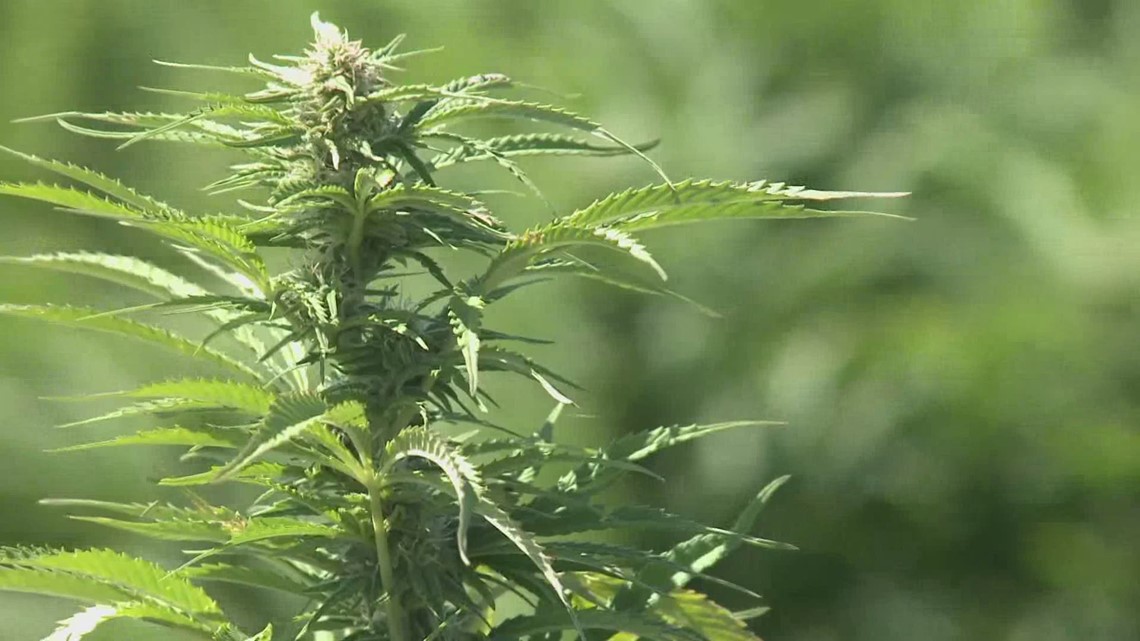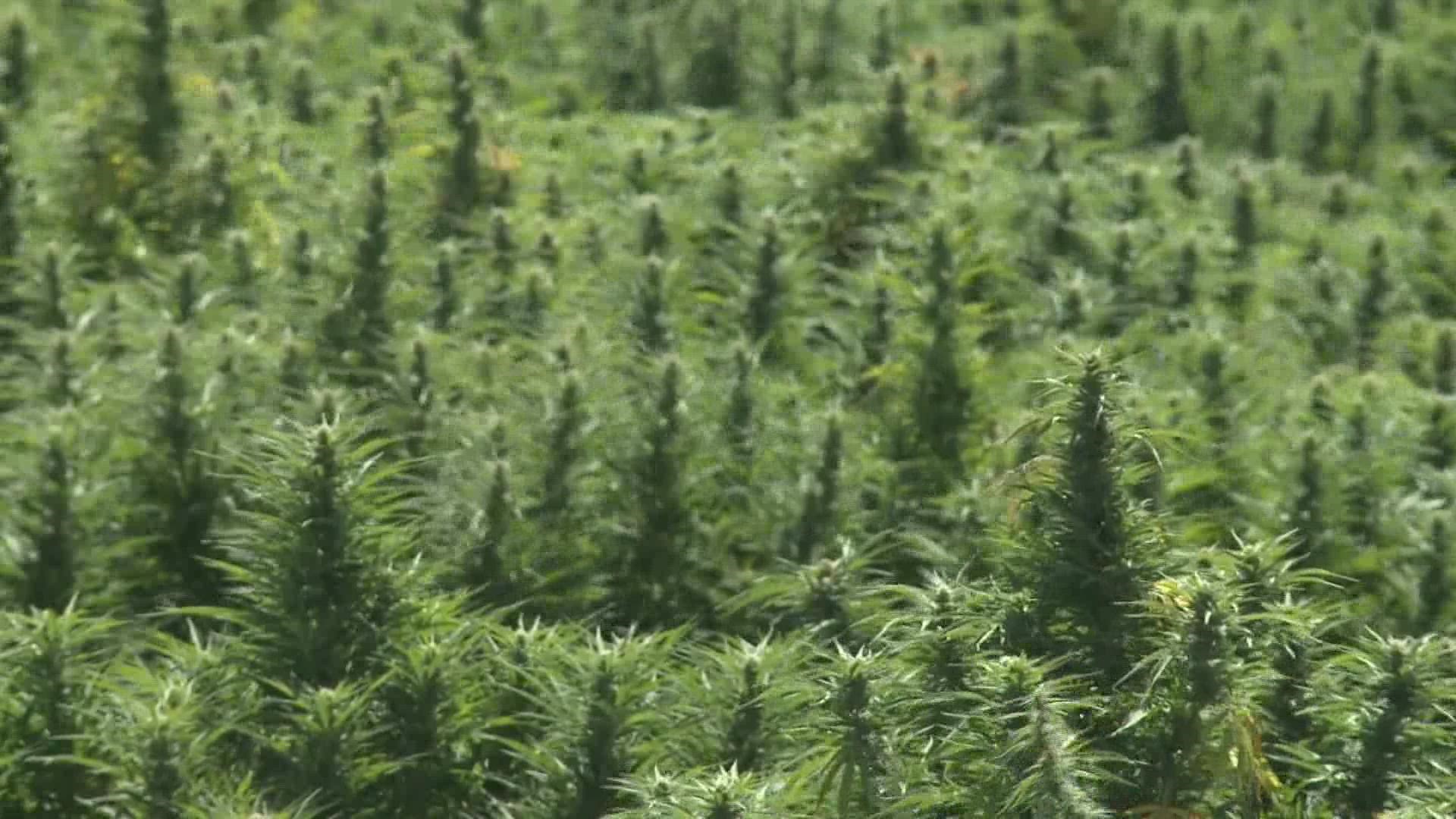PORTLAND, Maine — Four years ago, hemp farmers around Maine and the U.S. got the green light from Congress to grow and sell the product.
The 2018 Farm Bill signed into law by then-President Donald Trump legalized the regulated production of hemp.
However, the bill had complicated regulations and barriers for farmers to follow. U.S. Rep. Chellie Pingree, D-Maine, said that some farmers raised concerns immediately after it was passed.
"So, once they started growing hemp, they knew what the challenges are. Other things are unintended consequences. You put one provision in the law. You realize it creates a problem," Pingree said.
To overcome those challenges, the Democrat introduced the Hemp Advancement Act of 2022. There are three main issues the legislation would target.
First, it would raise the allowable THC threshold from 0.3% in hemp products and in-process hemp extract to give growers more flexibility when processing the product.
"If it has any more than 0.3% of THC, you have to destroy the crop," Pingree said.
THC is the compound in marijuana that gets the user high. In hemp products, an amount of 0.3% of THC has no mind-altering effect, and farmers argue even adding more potency to their products would still have no impact on people.
"Our strains are all hemp. They will never be marijuana," Geoffrey Nosach, owner of Panorama Hemp LLC, said Tuesday.


He said his hemp gets 'hot,' or above that 0.3% threshold, right before it's time to harvest. But the potency only increases to 0.5%, which he said is "never going to get anyone high ever."
But in the current practice, if Nosach harvests a specific strain that exceeds the threshold, the crop has to be destroyed even during processing.
The second hurdle Pingree is looking to do away with is testing requirements. Under current law, all hemp products must be tested at United States Drug Enforcement Administration labs. The issue for Mainers is there are no federal labs of that kind in Maine and just two in New England.
"So, when farmers need to have this tested, there's a huge backup in those labs," Pingree said.
The third problem this bill would solve could also add more workers to the industry, according to Pingree. The legislation would end the current 10-year ban on people with drug-related felony convictions receiving a hemp license if passed.
"Again, it's seeing hemp as a drug, as a controlled substance, as opposed to an agricultural crop. And farmers need workers," she added. "And the sooner we can change [these provisions], the sooner we can help the sector that could be a growing part of Maine agriculture."
Hemp is a crop that some Maine farmers, like Nosach, use in a rotation on their farm. Pingree added increasing opportunities for hemp production in Maine could boost the state's rural economy.
She said a similar bill in the U.S. Senate will run parallel with her legislation in the U.S. House of Representatives.
Pingree added she would like to see the bill go to the congressional committee and be voted on by itself. But it could end up being included in the 2023 Farm Bill.

